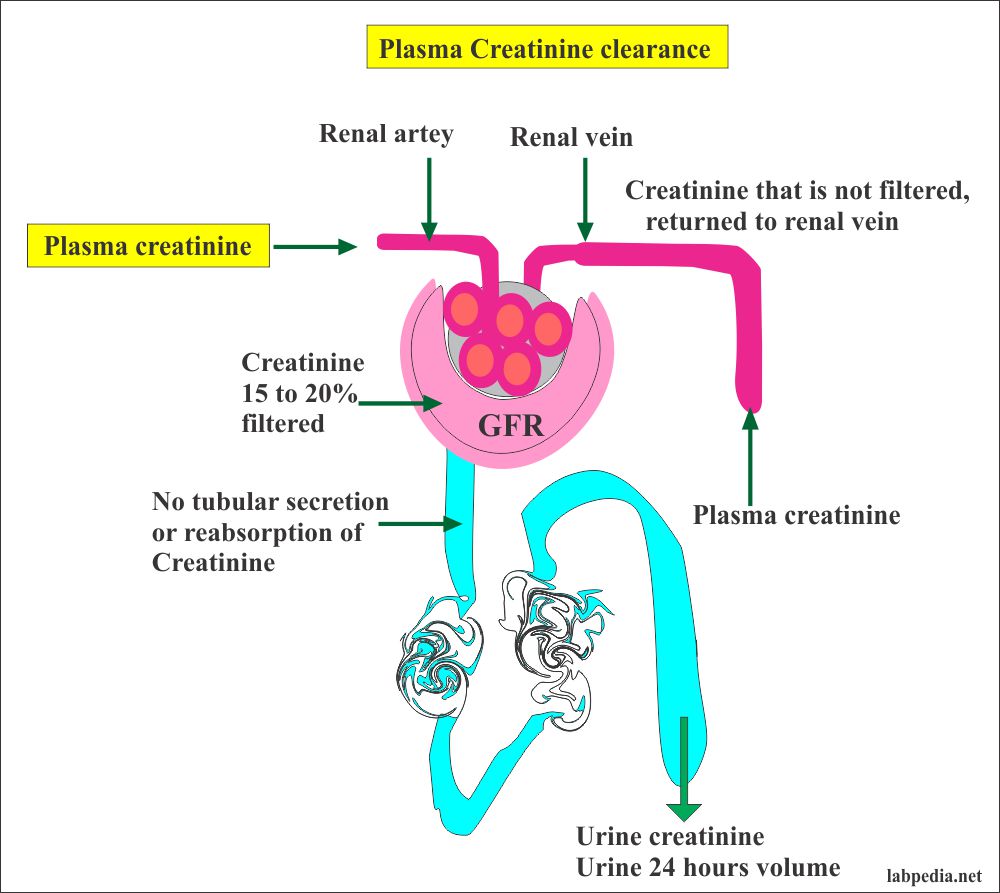
One study examined creatine use during exercise in hot weather, which can accelerate cramping and dehydration.

They also missed fewer sessions due to illness or injury ( 7). However, this shift in cellular water content is minor, and no research supports the claims about dehydration.Ī 3-year study of college athletes found that those taking creatine had fewer cases of dehydration, muscle cramps, or muscle injuries than those not taking it. This fact may be behind the theory that creatine causes dehydration. SummaryĪlthough some people make false claims about creatine’s side effects and safety issues, none of them are supported by research.Ĭreatine alters your body’s stored water content, driving additional water into your muscle cells ( 1). In fact, research has shown positive health benefits in athletes who took daily supplements of creatine for long periods of time ( 2). There is no evidence to support any significantly detrimental side effects in people who consume high doses of creatine (30 grams/day) for up to 5 years ( 2). Research has shown that it is safe to consume creatine supplements daily, even over several years. It found no adverse effects ( 3).Ĭreatine has also been used to treat various diseases and health concerns, including neuromuscular disorders, concussions, diabetes, and muscle loss ( 2, 4, 5, 6). One study examined 69 health markers after participants took creatine supplements for 21 months.

CREATININE LEVELS PROFESSIONAL
Some people wrongly claim that creatine is an anabolic steroid, that it’s unsuitable for women or teenagers, or that it should be used only by professional athletes or bodybuilders ( 1).ĭespite this negative press, the International Society of Sports Nutrition regards creatine as extremely safe, concluding that it is one of the most beneficial sports supplements available ( 2). Depending on who you ask, the suggested side effects of creatine may include:


 0 kommentar(er)
0 kommentar(er)
